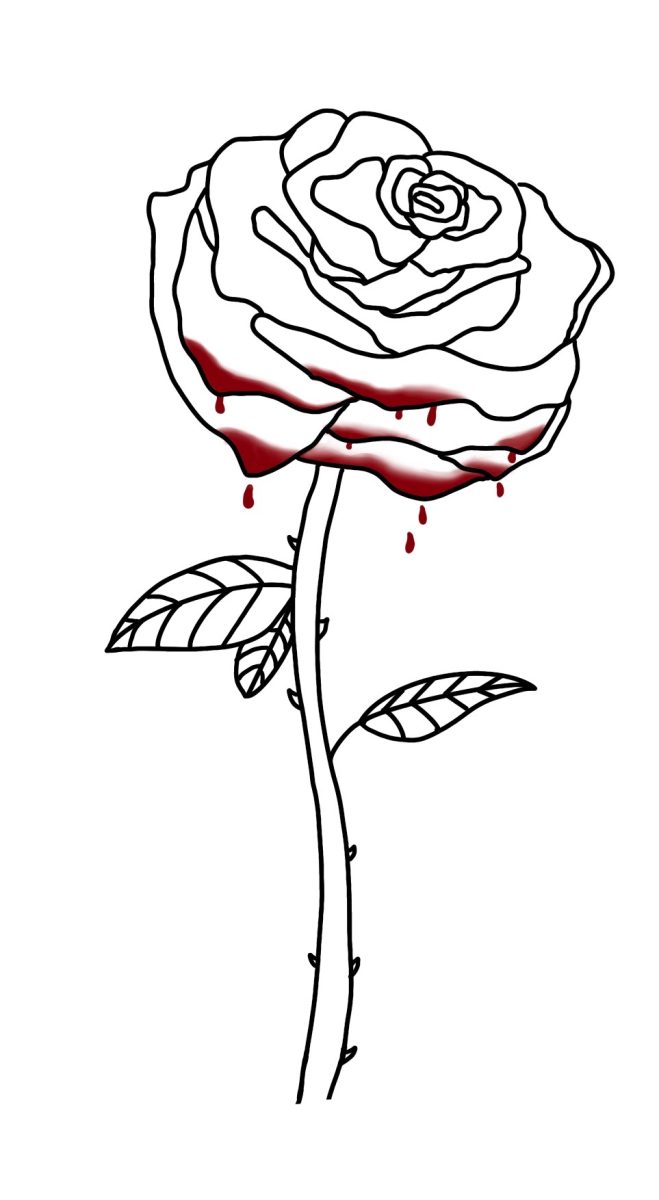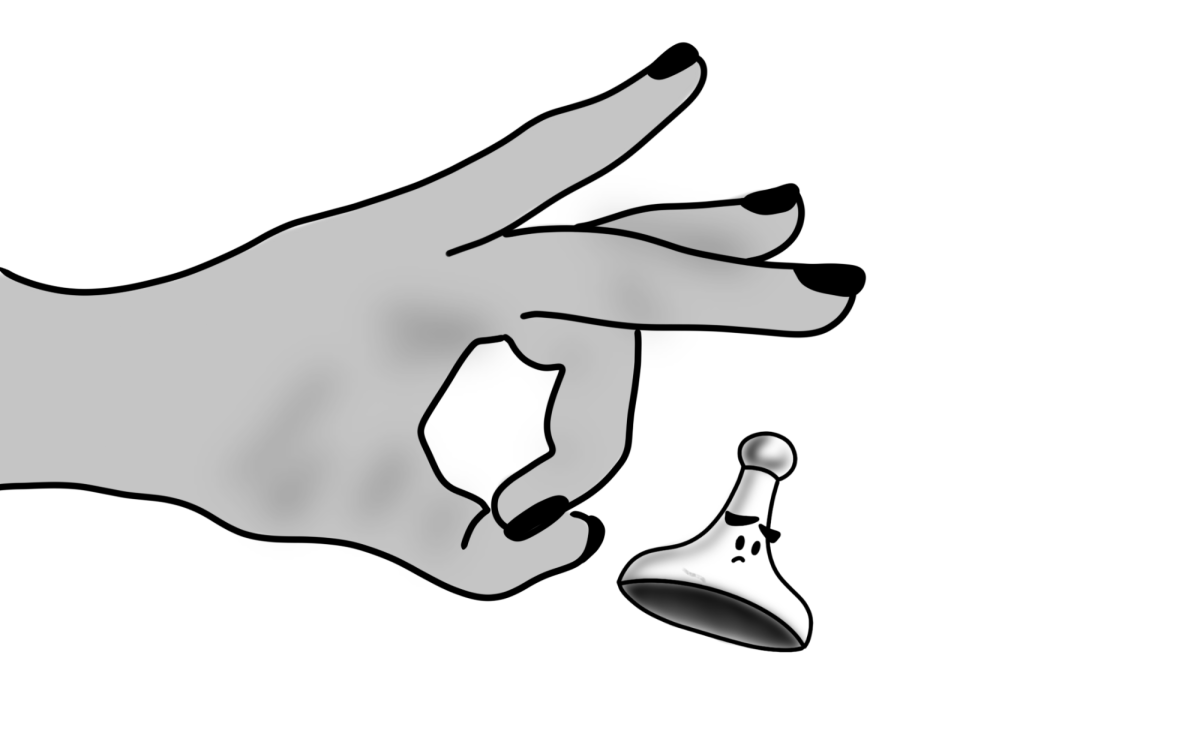
“UnPresidented” is a new column discussing the transition and first days of the Trump administration.
Secretary of State Rex Tillerson has extensive business ties in Russia and was awarded the “Order of Friendship” by the Kremlin. Former National Security Adviser Michael Flynn was paid to give a speech for the propagandist Russian news network, Russia Today. Top adviser Jared Kushner met with the Russian ambassador to the U.S. during his father-in-law’s presidential campaign. Donald Trump Jr. said in 2008 that “[the Trump Organization] see[s] a lot of money pouring in from Russia.” President Donald Trump himself has enjoyed a cozy relationship with Russian President Vladimir Putin.
With a cabinet and team of advisors stacked with business experience, international connections may seem to be an inevitable and unconcerning occurrence. Except that the ties are to a nation with a leader who has professed anti-American sentiment, meddled in our most recent presidential election and violated human rights.
Russian entanglements have already caused issues for the interior of the administration, with Flynn resigning after reports broke that he lied about his conversations with Russian diplomats to the vice-president. And just last week Attorney General Jeff Sessions recused himself from investigations regarding Russian interference after it was revealed that he was in contact with Russia’s ambassador to the U.S. during the Trump campaign, a fact he did not disclose during his confirmation hearing.
Throughout his time in the political spotlight, Trump’s position on Putin has been decidedly positive. From saying that he respected Putin this February to wondering in June of 2013 if Putin would become his “new best friend,” Trump’s take on the Russian leader departs greatly from cool Obama-era relations.
And while Trump’s support is good for the Russian elite, it is dangerous to the United States. Putin is not some friendly leader acting to promote the common good, but someone whose political opponents, more often than not, end up mysteriously dead.
He’s also someone who has brought back Cold War-era rhetoric regarding the U.S., saying in September at a banquet in Moscow that he believed Russia could “destroy America in half an hour or less” and supported legislation that classified any non-profits that received money from outside the country as “foreign agents.”
Trump’s blind support is revealing him to be a president who is idolizing, rather than opposing, one of the biggest authoritarian leaders of our time.
In early January, the Office of the Direct of National Intelligence released a report that concluded, from findings by the FBI, CIA and NSA, that “Russian President Vladimir Putin ordered an influence campaign in 2016 aimed at the U.S. presidential election.” Trump’s response? He called the controversy a “political witch hunt.”
The findings of the report clearly show that Russia is still taking active measures against the United States. Active measures, the Russian term for actions of political warfare that include disinformation, political repression and other subversive actions, characterized many of the Soviet actions against the U.S. during the Cold War.
An archive of notes from former KGB officer Vasili Mitrokhin uncovered Russian efforts in support of Richard Nixon’s Democratic opponent in 1968 and attempts to uncover unsavory personal details about Reagan in 1976. The documents also detailed a much more elaborate plan to take down the Reagan campaign 2.0. The Chairman of the KGB decreed in 1982 that all officers should partake in active measures against Reagan’s reelection. This included popularizing of the slogan “Reagan Means War,” attempting to infiltrate the headquarters of both the Republican and Democratic National Committees and working to discredit many of Reagan’s policies. The campaign was an utter failure, with Reagan still winning by a landslide.
The more recent Russian campaigns, which included hackings of the Democratic National Committee and disinformation operations, aren’t the sole reason for Trump’s election. Trump’s rise on a wave of increasing nationalist sentiment would likely still have resulted sans Russian interference.
However, that doesn’t make the Russian meddling any less concerning. What the hacks have done is compromise the very tenets of our democracy. Without fair elections, American democracy as we know it ceases to function. A February Pew Research study found that most Americans would probably be inclined to agree, with 89 percent of respondents saying that “fair and open national elections are very important to maintaining a strong democracy.”
The more recent Russian actions also involved a new element utterly inaccessible in the mid-20th century―cyber-warfare. Cyber-security has without a doubt become a larger issue in the past years, and with reason. It also seems to be something increasingly found in Russian foreign strategy.
The alarm bells should have been raised in 2007 when Russia allegedly cyber-attacked nearby country Estonia after the country attempted to take down a World War II era Soviet war memorial statue. Or when in 2008, Russia made history as the first country to mix traditional warfare with cyber-warfare during the Russo-Georgian war.
Hacking, especially of a highly-connected country such as the U.S., has the potential to be just as powerful as traditional military actions for a much smaller cost. Putin has already demonstrated his willingness to fight against American democracy with the medium.
It may not seem like it, but we are well on the way to a second Cold War. Tensions have been rising between the two countries, something evidenced by the view of the populace. A 2017 Pew Research study found that 73 percent of Americans see Russia as either an “adversary” or “serious problem.” A 2015 study by the independent Levada Center found that more than 80 percent of Russians hold negative views of the U.S., the highest negative rating since the center began research in 1988.
Peaceful relations are always the goal, but more important is the protection of human rights and the preservation of our democracy. It is imperative that our country is in the care of an administration willing to oppose and speak out against Russian interference. But with the president and staff we currently have, the future is unlikely.







